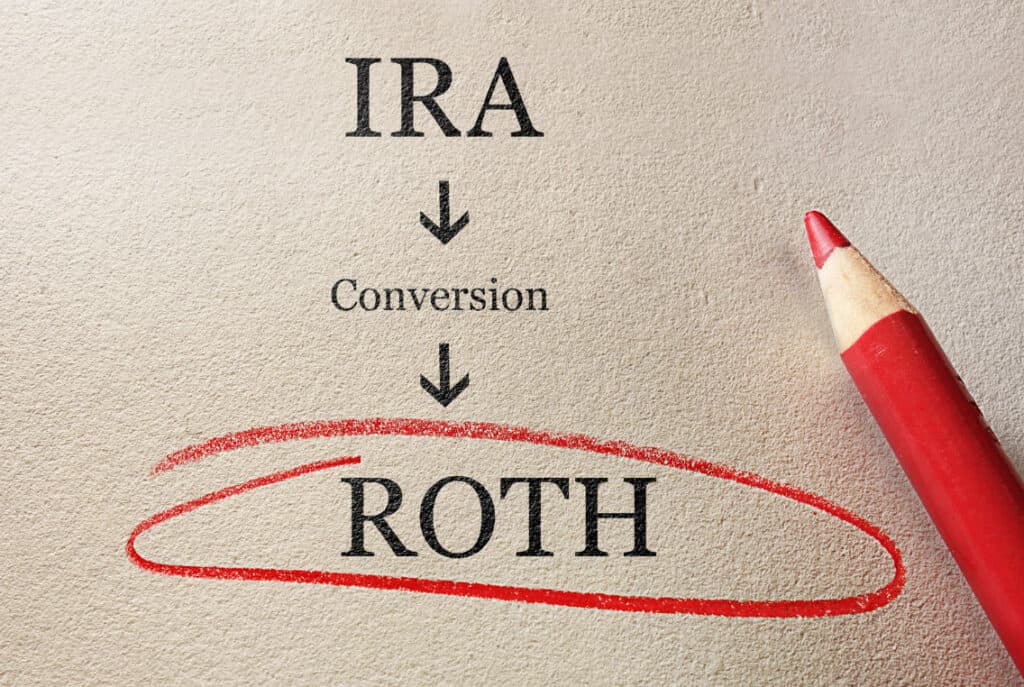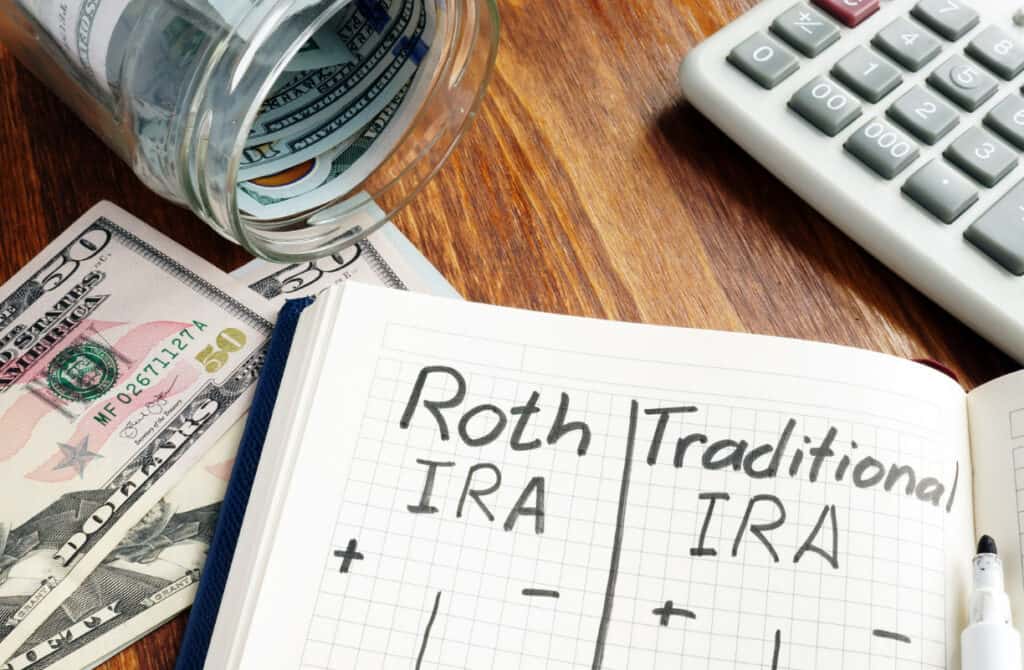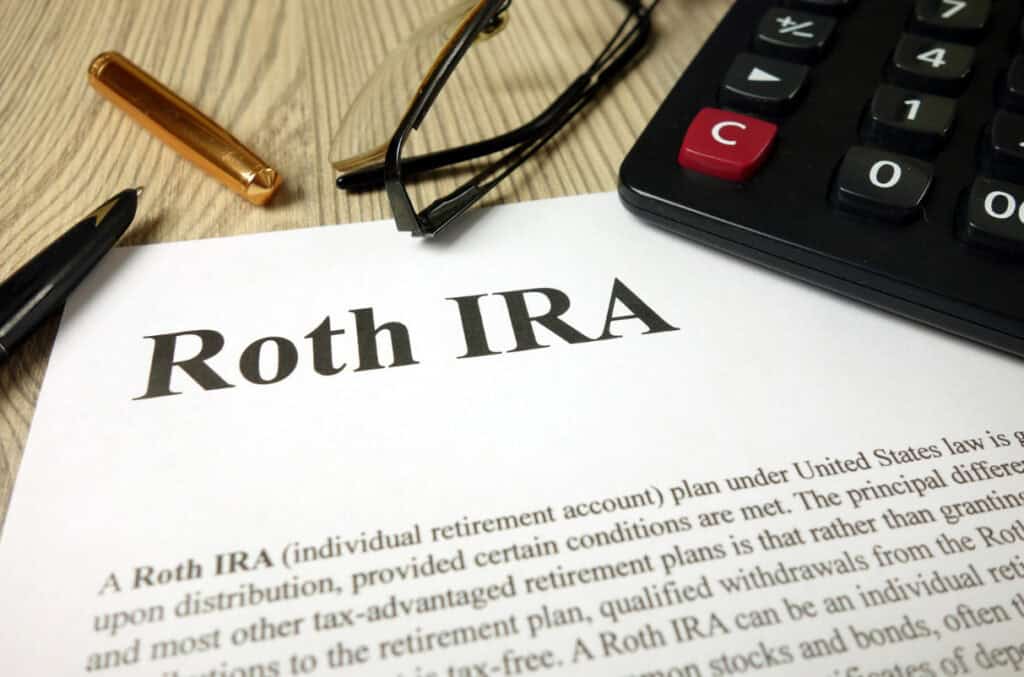Have you ever wondered about the benefits of a Roth conversion? Maybe you’ve heard of this financial strategy but aren’t sure if it’s right for you.
Table of Contents
Don’t worry. We’re here to help! In this post, we’ll explore what Roth conversion is and highlight situations where they could be a smart choice for your financial future.
Before making any decisions, it’s important to understand certain situations and how the conversion process works. Get ready to discover the potential advantages of a Roth conversion and take charge of your financial future!

How Roth Conversion Works
1. You Anticipate Higher Future Tax Rates
If you believe tax rates will rise due to government policy changes or increased national debt, paying taxes now rather than later can be wise. The benefits become clear when you consider that Roth withdrawals are tax-free. It allows you to enjoy more revenue during retirement.
Taxpayers who take advantage of low current tax rates by executing a Roth conversion may save money over the long run. For instance, if you are currently in a lower tax bracket than you expect in the end, it often makes sense to lock in those lower rates now.

2. You Are Changing Jobs or Experiencing Financial Loss
If you experience a job change or financial setback, your taxable income might decrease temporarily. This dip creates an opportunity to convert part or all of your traditional retirement accounts to a Roth IRA at a lower tax rate.
Converting in low-income years down allows you to minimize the tax consequences associated with the conversion. It’s essential to weigh this decision against your overall financial picture.
3. You Have Significant Non-Retirement Savings
If you have a substantial amount of savings outside of retirement accounts, this can influence your decision to convert to a Roth. Particularly, if you envision using these assets for large expenses or investments, accessing money from a Roth IRA tax-free could be appealing.
When you possess non-retirement account savings, it gives you the freedom to pay taxes on the conversion without relying on your retirement funds. This can keep your retirement savings intact while allowing for potential tax-free growth in your Roth account.
Additionally, heirs can inherit a Roth IRA without incurring taxes. This makes it a strategic move to pass down wealth.
4. You Desire Flexibility in Retirement Withdrawals
Lastly, if flexibility in managing your cash flow during retirement is important to you, a Roth IRA might be beneficial. Different types of income can affect your tax liabilities. So, having a Roth IRA offers more options to manage that effectively.
For instance, if your income fluctuates during retirement, having a Roth IRA allows you to withdraw funds tax-free when needed without affecting your tax bracket significantly. This is particularly vital if you expect to draw income from:
- Social Security
- pensions
- or other investments
When weighing a Roth conversion, it’s also essential to consider the Roth IRA vs traditional IRA implications for your unique financial situation. Each has its respective benefits and limitations, so understanding how they align with your goals can guide your decision.

Explore These Certain Situations Make a Roth Conversion Beneficial
A Roth conversion can offer tremendous benefits for the future if carefully considered and implemented. By taking into account factors such as tax rates, and time horizons, individuals can make informed decisions about certain situations on how to convert traditional IRA funds into a Roth. Don’t miss out on potential long-term gains. Speak with a financial advisor today.
Looking for more tips and advice? Make sure to bookmark our page and come back to check out more articles.



